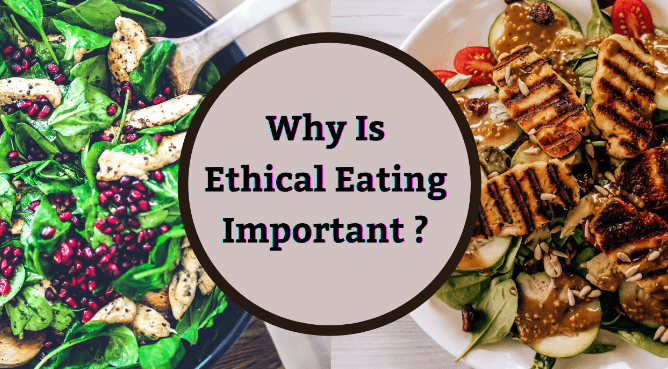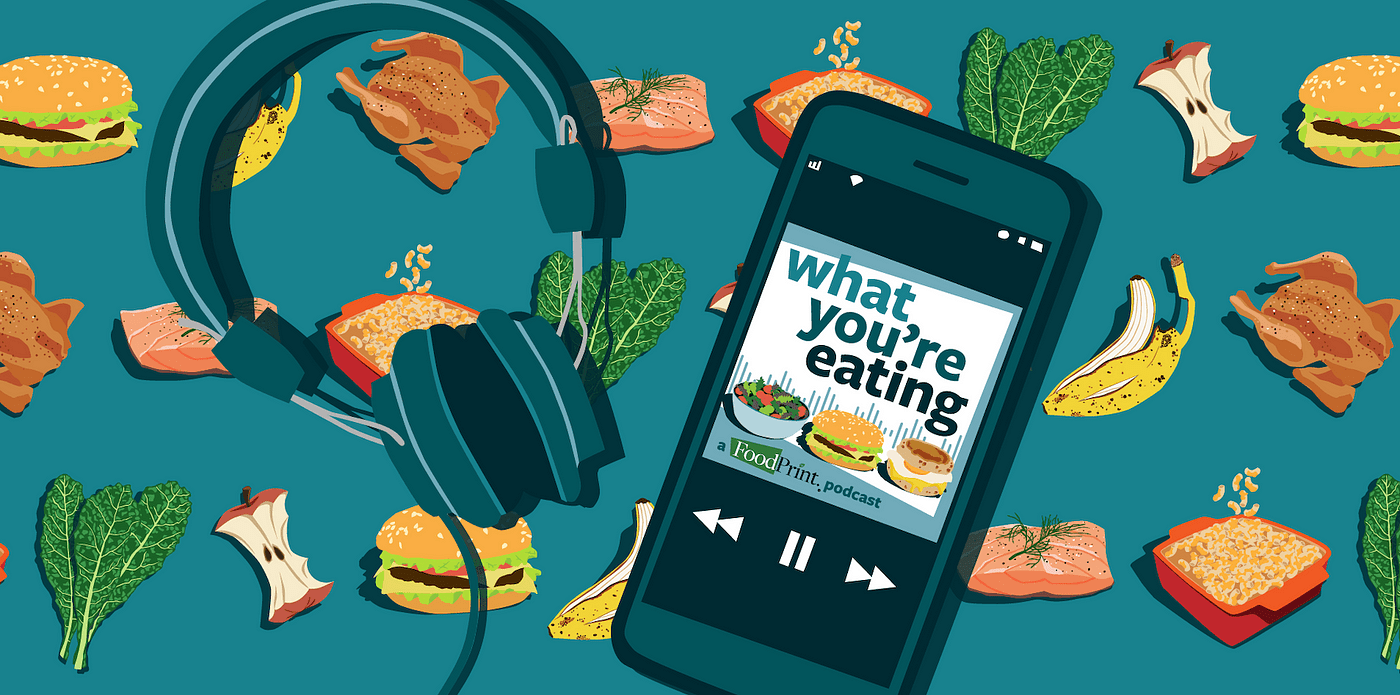In a world as diverse as ours, the principles guiding food ethics vary significantly across cultures, shaped by historical, environmental, and social factors. This exploration delves into how different societies approach food ethics, offering insights into the practices that sustainably and respectfully bridge humanity with the food we consume.
Contents
- 1 The Foundation of Food Ethics
- 1.1 Cultural Practices and Food Ethics
- 1.2 The Role of Religion in Shaping Food Ethics
- 1.3 Ethical Challenges in the Global Food System
- 1.4 Bridging Cultural Divides Through Food Ethics
- 1.5 Nourishing a Sustainable Future with Food Ethics
- 1.6 The Intersection of Food Ethics and Environmental Sustainability
- 1.7 Food Ethics and Animal Welfare
- 1.8 Global Food Distribution and Social Justice
- 1.9 Bridging Cultures Through Ethical Food Practices
- 1.10 Conclusion: Cultivating a Global Ethical Food Culture
The Foundation of Food Ethics

At the heart of food ethics lies the quest to address questions concerning the moral principles behind the production, distribution, and consumption of food. This encompasses a wide range of issues, from sustainable farming practices to animal welfare, and equitable Situs Slot Gacor food distribution.
- Defining Food Ethics: An introduction to the concept of food ethics and its significance in contemporary society.
- Global Perspectives: Understanding how food ethics is viewed and implemented differently across various cultures.
Cultural Practices and Food Ethics
Diverse cultural backgrounds lead to unique interpretations and practices of food ethics. By examining these differences, we gain a deeper understanding of the relationship between cultures and their food philosophies.
- Sustainability and Stewardship: How different cultures practice sustainability and environmental stewardship in food production and consumption.
- Animal Welfare and Vegetarianism: The role of animal welfare in food ethics, including how vegetarianism and veganism are viewed and practiced across different societies.
The Role of Religion in Shaping Food Ethics
Religion significantly influences food ethics, dictating dietary laws and practices that have been followed for centuries. These religious guidelines often reflect deeper ethical considerations regarding life, purity, and sustainability.
- Dietary Laws and Traditions: Exploration of how major world religions, such as Hinduism, Islam, Judaism, and Buddhism, influence food ethics through specific dietary laws and fasting practices.
- Ethical Harvesting and Preparation: Discussing religious practices that emphasize ethical treatment of animals and the land during food harvesting and preparation.
Ethical Challenges in the Global Food System
The global food system faces numerous ethical challenges, from ensuring fair trade to addressing food waste and hunger. These issues require a collective effort to find solutions that are just, sustainable, and respectful of cultural diversity.
- Fair Trade and Labor Practices: Examining the importance of fair trade practices and ethical labor conditions in food production.
- Food Security and Waste: Strategies to combat food waste and promote food security, highlighting initiatives that bridge cultural divides.
Bridging Cultural Divides Through Food Ethics
Food has the power to bring people together, serving as a medium for cultural exchange and mutual understanding. By embracing diverse food ethics, societies can foster greater respect and harmony.
- Cultural Exchange and Understanding: How shared meals and food traditions can promote intercultural understanding and respect.
- Global Initiatives for Ethical Food Practices: Spotlighting global efforts to promote ethical food practices that respect cultural diversity and aim for environmental sustainability.
Nourishing a Sustainable Future with Food Ethics
The exploration of food ethics across cultures reveals a complex but beautiful mosaic of beliefs, practices, and challenges. By understanding and respecting these diverse food philosophies, we can work towards a more ethical, sustainable, and harmonious relationship with the food that nourishes the world. The journey towards a sustainable future is paved with the collective efforts of cultures worldwide, each contributing their unique insights and practices to the global conversation on food ethics.
The Intersection of Food Ethics and Environmental Sustainability
Central to the discourse on food ethics is the relationship between food production practices and their impact on the environment. Cultures around the world offer a spectrum of approaches to sustainable agriculture, each rooted in a deep understanding of local ecosystems and traditional knowledge.
- Traditional Agricultural Practices: Investigating how indigenous and traditional agricultural practices, guided by ethical principles, contribute to environmental preservation and biodiversity.
- Modern Sustainability Movements: The adoption and adaptation of sustainable farming practices in response to global environmental challenges, highlighting movements such as organic farming, permaculture, and regenerative agriculture.
Food Ethics and Animal Welfare

The ethical treatment of animals within the food system is a topic that transcends cultural boundaries, eliciting a wide range of attitudes and practices. Exploring these diverse perspectives provides valuable insights into the moral considerations that inform dietary choices and farming practices.
- Cultural Perspectives on Animal Consumption: Examining how different cultures approach the consumption of animals, including practices of humane treatment, ritual slaughter, and the increasing interest in plant-based diets as ethical alternatives.
- The Rise of Ethical Eating Movements: The global spread of veganism and vegetarianism, not only as dietary choices but as ethical stances against animal exploitation and environmental degradation.
Food ethics also encompasses the equitable distribution of food resources, addressing issues of food security, hunger, and the rights of farmers and food workers. These concerns highlight the need for ethical considerations in the policies and practices governing the global food system.
- Addressing Global Hunger and Food Insecurity: Strategies and challenges in ensuring equitable access to food, particularly in regions affected by poverty, conflict, and climate change.
- Fair Trade and Ethical Supply Chains: The importance of fair trade certifications and ethical supply chain practices in promoting social justice for farmers and workers in the global food system.
Bridging Cultures Through Ethical Food Practices

Food, as a universal human need and cultural expression, has the power to bridge divides and foster mutual understanding. Ethical food practices, by emphasizing respect for the environment, compassion for animals, and justice for all humans, can serve as common ground for cross-cultural dialogue and collaboration.
- Food as a Medium for Intercultural Exchange: Examples of how shared ethical food practices can lead to greater cultural understanding and cooperation on global issues.
- Global Initiatives and Collaborations: Highlighting international efforts to promote ethical food practices, including global summits, policy frameworks, and grassroots movements that transcend cultural and national boundaries.
Conclusion: Cultivating a Global Ethical Food Culture
In conclusion, the exploration of food ethics across different cultures reveals a rich tapestry of beliefs, practices, and challenges that are integral to shaping a sustainable, equitable, and ethical global food system. By embracing the diversity of food ethics, we can find common ground in the shared goal of nurturing our planet and its inhabitants. As we move forward, the collective wisdom of cultures worldwide will be instrumental in crafting innovative solutions to the ethical dilemmas facing our global food system, paving the way for a future where food is not only a source of sustenance but also a catalyst for peace, sustainability, and justice.

